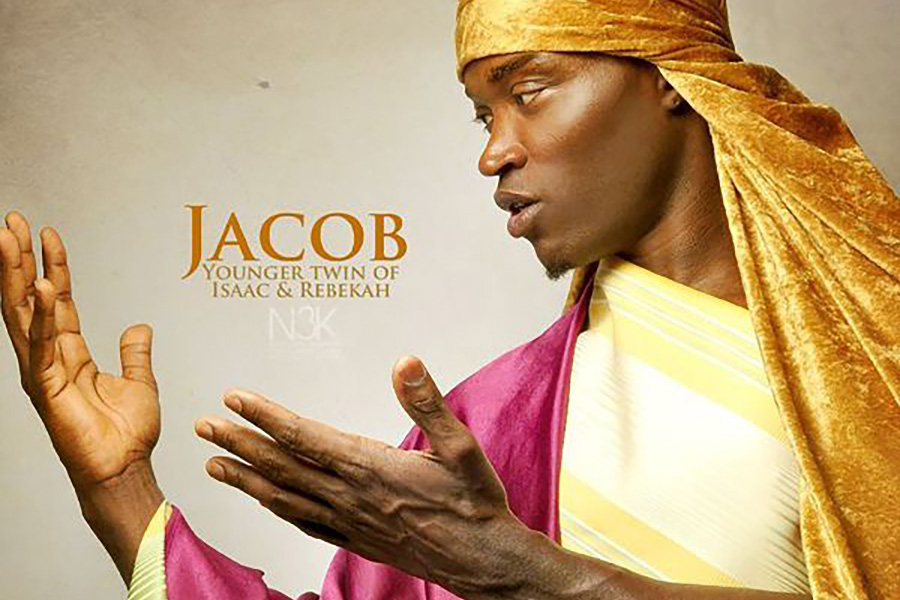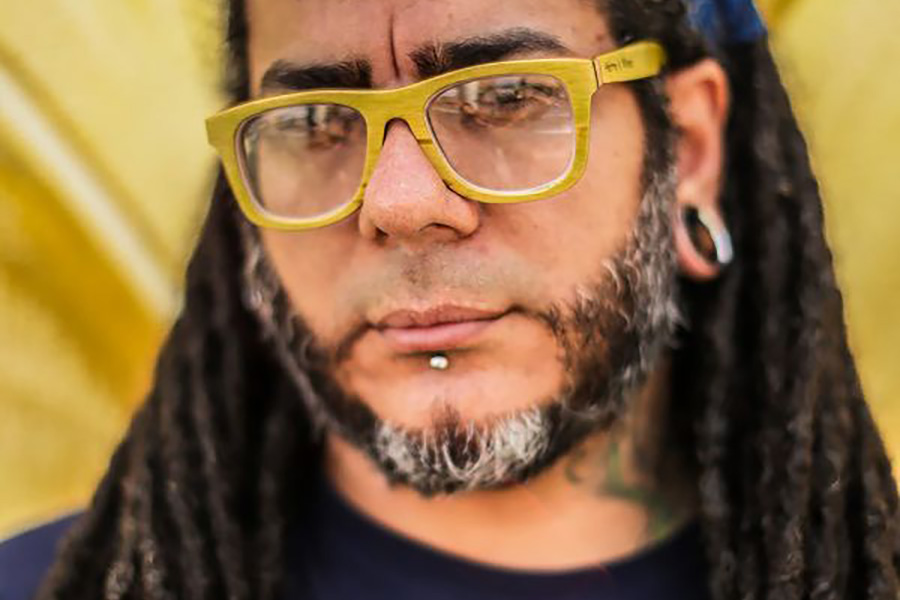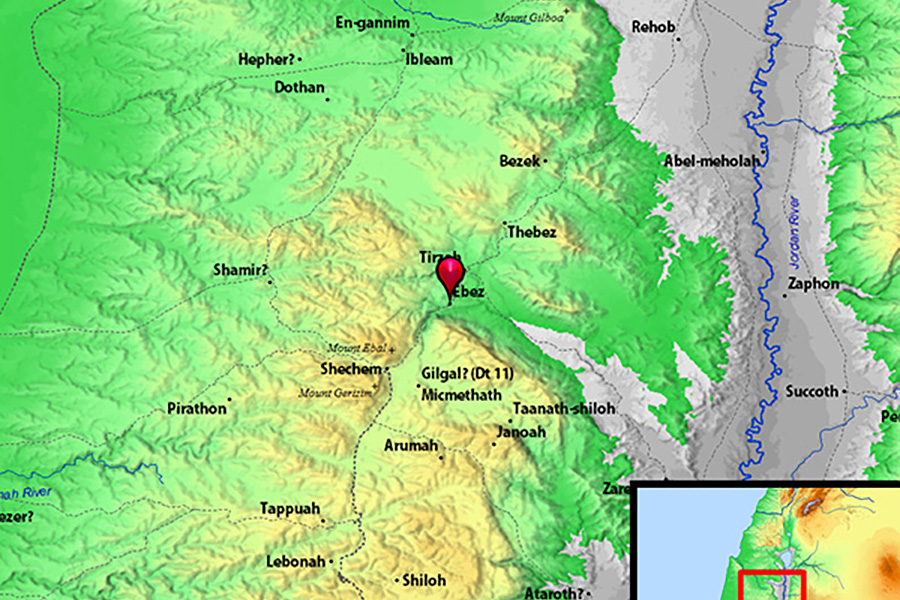The word yasharaal (𐤉𐤔𐤓𐤀𐤋) or “Israel” is a combination of 𐤉𐤔𐤓 (yashar) and 𐤀𐤋 (al). It is also the name of 𐤉𐤏𐤒𐤁 (Yaāqab) after it was changed by an 𐤀𐤋𐤄𐤉𐤌 (alahayam). He is the younger twin 𐤀𐤇 (akh) of 𐤏𐤔𐤅 (Āshau) aka 𐤀𐤃𐤅𐤌 (Adauam).
However, most importantly he is the 𐤀𐤁 (ab) of twelve 𐤁𐤍𐤉𐤌 (banayam) and one 𐤁𐤕 (bat). He is the most important person in the history of the 𐤉𐤔𐤓𐤀𐤋𐤉𐤌 (Yasharaalayam). He and his descendants are chosen by the Most High for Himself as His covenant keepers. He is also the ancestor of the family from which the Messiah comes.
The tribal families that come him are the priesthood of 𐤋𐤅 (Lau) / 𐤋𐤅𐤉 (Lauay); the Southern Kingdom of 𐤉𐤄𐤅𐤃𐤄 (Yahauadah) / 𐤉𐤄𐤉𐤃𐤄 (Yahayadah) and 𐤁𐤍𐤉𐤌𐤉𐤍 (Banayamayan); and the Northern Kingdom of 𐤓𐤀𐤅𐤁𐤍 (Raauaban), 𐤔𐤌𐤏𐤅𐤍 (Shamaāuan), 𐤃𐤍 (Dan), 𐤍𐤐𐤕𐤋 (Naphatal) / 𐤍𐤐𐤕𐤋𐤉 (Naphatalay), 𐤂𐤃 (Gad), 𐤀𐤔𐤓 (Ashar), 𐤉𐤔𐤔𐤊𐤓 (Yashashakar), 𐤆𐤁𐤅𐤋𐤅𐤍 (Zabaualauan), and 𐤉𐤅𐤎𐤐 (Yauasaph). Also, he had a 𐤁𐤕 (bat) named 𐤃𐤉𐤍𐤄 (Dayanah) which comes from the root of “to judge” or “govern”.
Extended Study for 𐤉𐤔𐤓𐤀𐤋 (yasharaal)
To read the study guide entry that elaborates on 𐤉𐤔𐤓𐤀𐤋 (yasharaal) then join our Extended Study Membership at https://www.paleohebrewdictionary.org/extended or use phdict.org/extended to share a short link with others.





